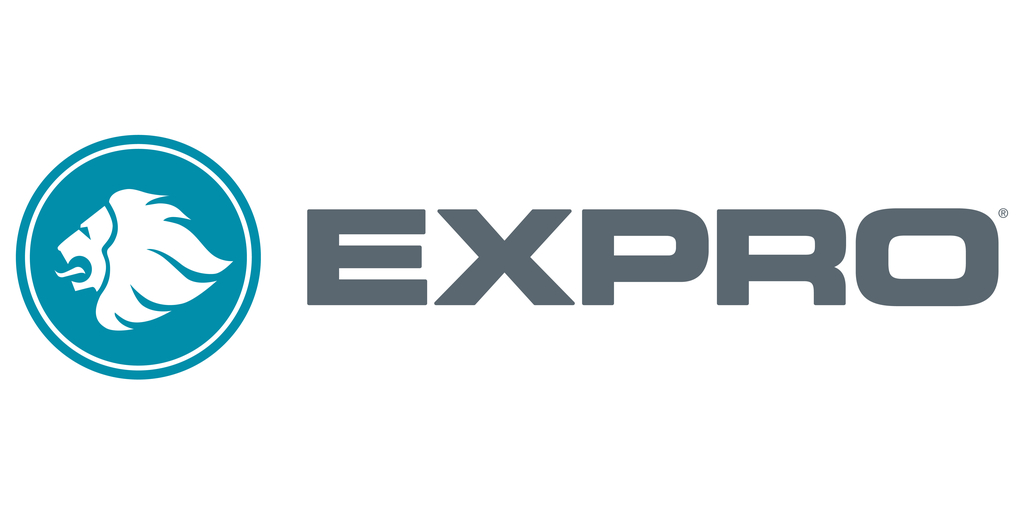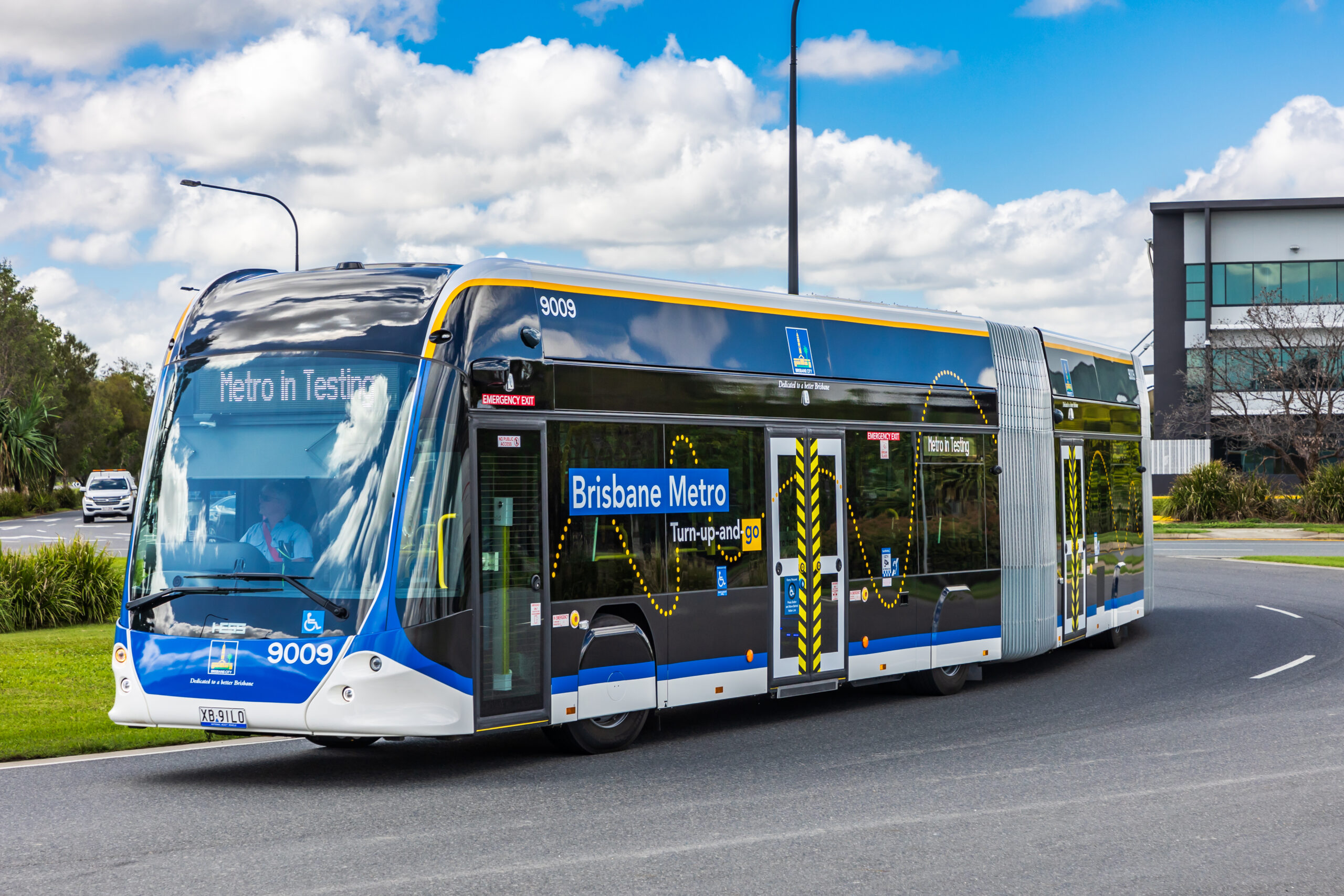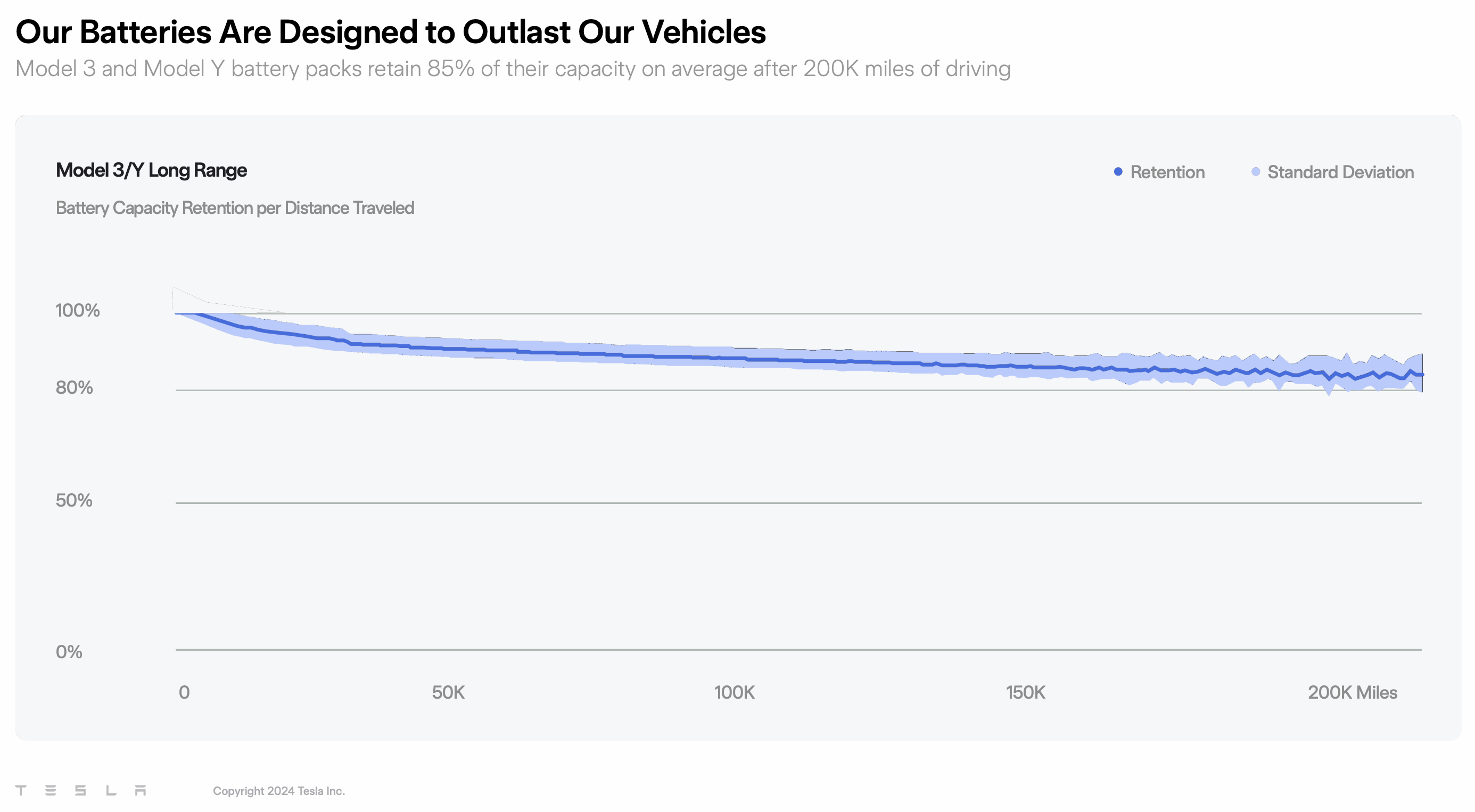Sign up for daily news updates from CleanTechnica on email. Or follow us on Google News!
Launched in Uganda 6 years ago, BODAWERK, now known as GOGO, is a technology company on a mission to help accelerate a sustainable transition to renewable energy in Africa through its technology and products. We have previously covered some of its work here. Its work included electric tractors, motorcycle conversion kits, and threshing and milling machines. As the company continues to provide several transportation solutions tied to its smart batteries, BODAWERK felt is was now the right time to rebrand to GOGO in line with its progress so far as well as its plans for growth.
GOGO is now working to double the number of electric vehicles in Uganda over the next two years. In addition, GOGO has just announced a partnership with Watu Credit Uganda Ltd. to help bring over 1,000 new EVs to the Ugandan market by the end of 2023. This announcement was made during a customer service appreciation and celebration of Uganda Independence Day at a luncheon hosted for over four hundred motorcycle taxi riders (boda boda riders) in Kampala.
Ben Lokeris Koriang, founder of GOGO, said, “BODAWERK will now be known as GOGO, as we start our journey to transition the Ugandan Boda industry to electric bikes over the next two years. To bring this to life, we have partnered with Watu who will help finance our expansion initiatives as well as provide credit for boda boda riders to switch to EV.”
During the event, Francis Chandia, EV Manager at Watu, said: “The future of transportation is electric because it offers an affordable and healthier alternative to fuel-powered vehicles. Aligned with Uganda’s ambition of increasing the number of EV vehicles by 2026, our partnership with GOGO is timely, as we will help GOGO accelerate the production of EV bikes for the market and increase the number of battery swapping stations. In addition, we will provide financing to many boda operators to make the switch.”
Watu says this partnership aligns with the Ugandan government’s ambitious plan to remove at least 25% of diesel and petrol vehicles from its roads by 2026. By providing accessible and affordable financing for electric vehicles, this partnership wants to accelerate their adoption and significantly contribute to the nation’s sustainability goals. The upfront cost of motorcycles is a major barrier, and therefore, these kinds of financing deals will really help accelerate adoption.
Watu says the Kampala City Authority estimates that there are 150,000 motorcycles in Kampala, with less than 1% of these being electric at the moment. Over one million motorcycles are on the roads in Uganda, with about 750,000 operating in Kampala, Mukono, and Wakiso districts. Boda boda riders account for more than 80% of the Ugandan motorcycle market. Just like in the rest of East Africa, it is this boba boda segment that is the low hanging fruit for electrification. Riders face ever increasing fuel and maintenance costs, and therefore the electric motorcycle provides a route to lower their operational expenses, helping riders take home more of the much needed cash.
This large number of motorcycles in Uganda also means that there is quite a large addressable market for electrification, and this presents an opportunity for thousands of new electric bodas to gradually displace some of the ICE motorcycles in Kampala alone over the next couple of years.
GOGO targets securing 1,000 riders on the road and 2,000 battery swaps per day by the end of 2023, and 20,000 riders consuming 3 GWh of electricity per month by the end of 2024. Additionally, the company aims to commission East Africa’s largest lithium-ion battery pack factory in 2024. Uganda’s grid is mostly powered by hydro, and therefore, all of these electric motorcycles will be charged using some exceptionally clean electricity.
GOGO also launched its latest electric motorcycle, the E-BODA Commuter. GOGO says the E-BODA Commuter has a single gear and can provide up to 100km of range with a 150kg load capacity depending on riding style. GOGO also has a battery-powered three-wheeler vehicle for larger cargo transport, and the e-outboard, a battery-powered engine for boats made available for fishermen. The GOGO smart battery has a capacity of 4.6kWh.
Watu has been actively supporting the electric mobility ecosystem in East Africa via asset financing for two- and three-wheeler vehicles across East Africa. Last month, Watu announced a partnership with ARC Ride to increase the number of EV battery swap stations in Nairobi, Kenya. So far, the company has financed the purchase of over 1,000 electric assets between Kenya, Uganda, and Rwanda, with plans to expand across the African continent.
Now, Watu’s new investment in GOGO aims to foster the expansion of the electric motorbike industry in Uganda. As well as facilitating the building of EVs, Watu is helping to establish a network of battery-swapping stations throughout the country to support the growth of electric vehicles.
“For most of our riders who use their bikes for business, what they care about is being able to run a more efficient business by spending less on fuel and having an EV that they can use without worrying that the battery will run dry in the middle of nowhere. We are working with GOGO to set up more battery-swapping stations across Kampala. With the battery swap stations, riders will have the confidence to invest in EV bikes as they can operate without worrying that their battery will run out,” says Mr. Koriang.
We are starting to see more of these types of partnerships now in East Africa’s nascent electric mobility ecosystem. This is a very welcome development, as after several years and various phases of pilots and early commercialization, a lot of the startups involved in this industry need all the support they can get to really ramp up operation and assembly of their electric motorcycles, along with the associated infrastructure. There is a huge opportunity to electrify this vehicle segment in many African countries. It’s time to translate this potential into some real sustained progress. The electrification of the motorcycle sector in Africa could help spur industrialization growth in a lot of countries. Over time, more of the components used to assemble these electric motorcycles will be locally made, boosting opportunities for beneficiation of local resources and of course creating the much needed job opportunities.
Image courtesy of Watu
Have a tip for CleanTechnica? Want to advertise? Want to suggest a guest for our CleanTech Talk podcast? Contact us here.
EV Obsession Daily!
I don’t like paywalls. You don’t like paywalls. Who likes paywalls? Here at CleanTechnica, we implemented a limited paywall for a while, but it always felt wrong — and it was always tough to decide what we should put behind there. In theory, your most exclusive and best content goes behind a paywall. But then fewer people read it!! So, we’ve decided to completely nix paywalls here at CleanTechnica. But…
Thank you!
Tesla Sales in 2023, 2024, and 2030
CleanTechnica uses affiliate links. See our policy here.




